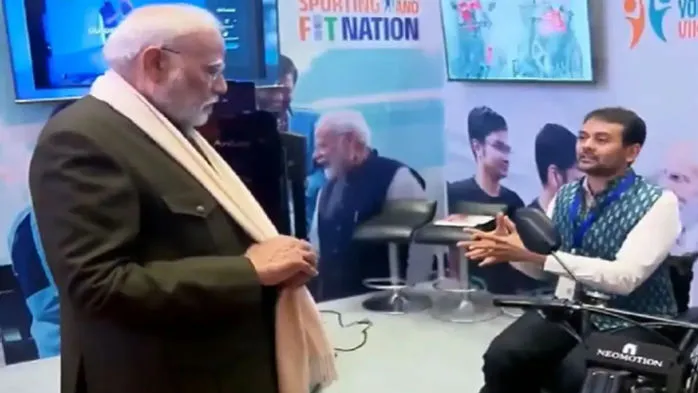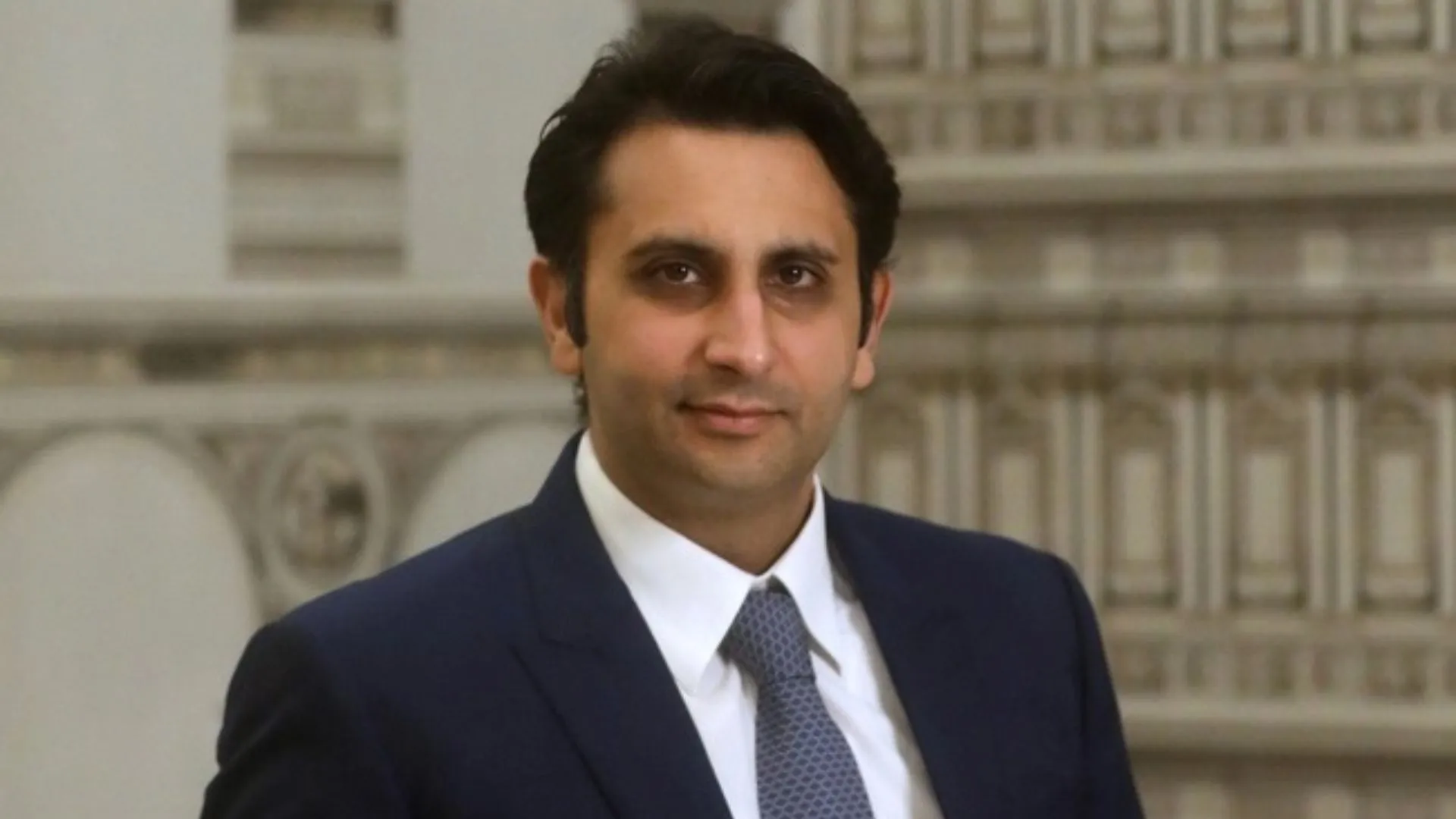On the 10th anniversary of the Make in India initiative, Union Minister of Commerce and Industry Piyush Goyal outlined the future roadmap for India’s economy, highlighting a significant rise in the manufacturing sector by 2047. Speaking to media, Goyal emphasized the role of the Amrit Kaal period in transforming India into a developed nation by 2047, with the manufacturing sector contributing 25% to the economy.
Vision for 2047: Manufacturing Growth
Goyal expressed optimism about India’s manufacturing growth, driven by both domestic and international demand. “In Amrit Kaal towards Viksit Bharat 2047, the share of manufacturing will go up to 25 per cent. We will also see more industrial townships with plug-and-play infrastructure coming forward,” Goyal stated. He also praised India’s emergence as a global manufacturing hub, noting that this has been achieved through collaboration with the private sector.
Comparing Two Decades: ‘Lost’ vs ‘Last’
Reflecting on the nation’s economic trajectory, Goyal compared the last decade of growth under Prime Minister Narendra Modi’s leadership to the 2004-2014 period. He referred to the earlier years as a “lost decade,” marked by investor hesitancy, corruption, and economic decline. Goyal highlighted how the Modi government had strengthened macroeconomic fundamentals and boosted initiatives like Startup India and One District One Product, promoting growth, technology, and innovation.
“It is a story of the lost decade versus the last decade. Between 2004 and 2014, investor interest was shattered, corruption was rampant, and inflation was high. PM Modi took charge in 2014, stabilizing the economy and fostering growth with initiatives that reduced the compliance burden and improved our ease of doing business ranking,” Goyal said.
Rebutting Critics: Job Creation and Growth
Addressing critics of the Make in India initiative, Goyal dismissed claims that the scheme had not delivered on its promises. He pointed to the success stories, such as the production of the iPhone 16 in India by women workers in Tamil Nadu and the rise of domestic manufacturing in air conditioning equipment.
“Manufacturing is giving a huge boost to job creation,” Goyal stated. “Critics can keep crying hoarse, but the reality is that manufacturing creates jobs, boosts entrepreneurship, and provides employment in areas like factory construction, housing, and logistics.”
India’s Manufacturing Hub Aspirations
Goyal highlighted India’s progress toward becoming a global manufacturing destination, with examples of significant developments in air conditioner production and upcoming compressor plants. He reiterated that as India strengthens its manufacturing base, it will soon become a global exporter of various goods, further boosting job creation and economic growth.
“The Make in India initiative has already shown results, and we are moving towards becoming a significant player in global manufacturing,” Goyal concluded.





















